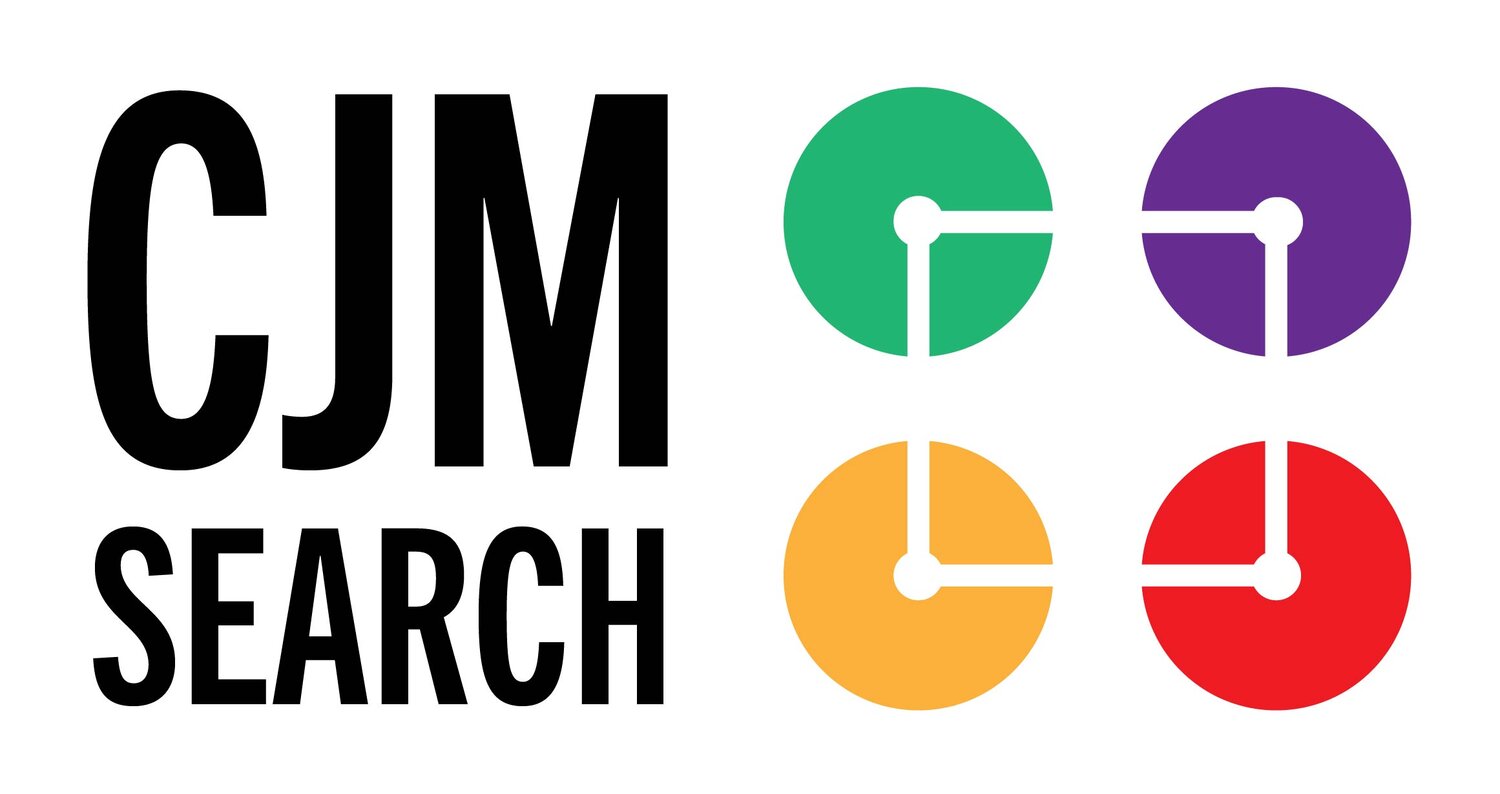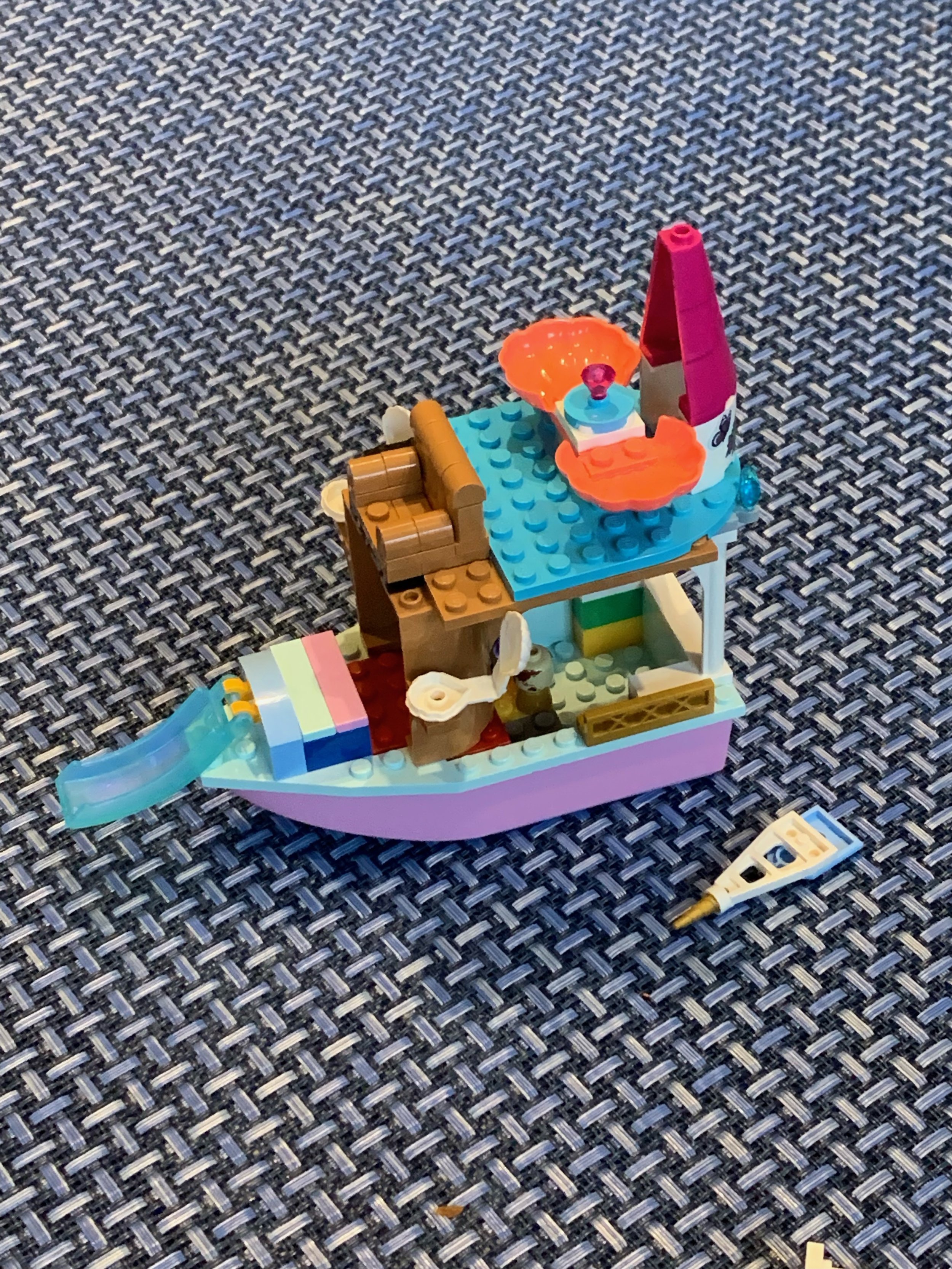Taste Again & Why Great Recruiters Are Often Introverts
/In the last post we discussed the role of taste in sourcing and hiring forward deployed engineers. For recruiters to do that, though, they need to understand the company’s taste. Back to that Atluru post: “Taste is subjective at an individual level — everyone has their own personal interpretation of taste — but it is calibrated from within a given culture and community.” Recruiters need to be well-calibrated on the company’s taste (or else we’re looking at a toothpaste/OJ situation, ha! or my husband and shared plates, ha-ha!)
So while recruiting might seem like a nonstop talking job, and we do a fair amount of chatting, if you ask me, the best recruiters are often introverts. Because to get calibrated, we have to really listen. To what’s said and to what’s unsaid, what’s repeated and what’s dismissed. Understanding a startup’s taste isn’t about quick chats or checklists. It takes deep listening. And that deep listening is what helps find candidates who truly fit a company’s unique vibe



